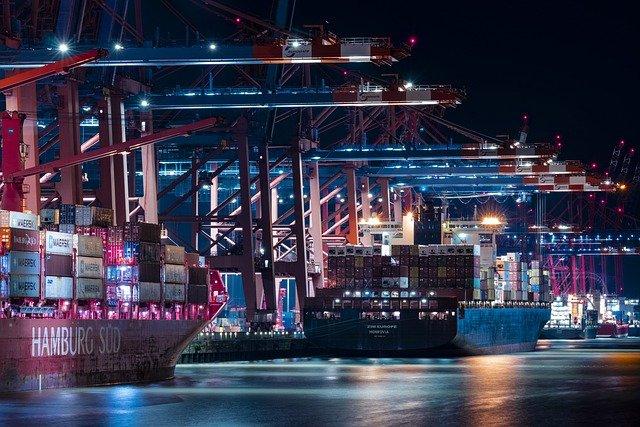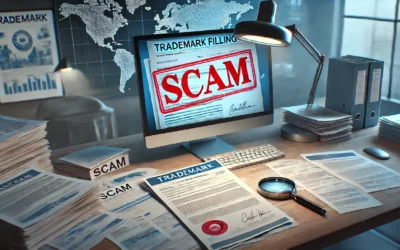Earlier during the war, Russia decided to suspend the intellectual property protection of Western companies in many cases. Russia has now also decided to allow parallel imports.
Suspending the IP protection altogether means that Russian consumers may be enjoying fake Heineken beers brewed by local hacks, or enjoying a BIG MAC in a local fast food joint that has nothing to do with McDonald’s.
It is likely that many Russians, who for decades have gotten used to enjoying the real deal, will not be satisfied with these substitute products. They want the good stuff. This is where parallel imports come in.
Parallel imports are imports of genuine products. They are not counterfeits, i.e. not fake Heineken. By allowing parallel imports Russian consumers can still enjoy a genuine Heineken beer. The genuine product is bought legally in another country, perhaps in the EU, and then imported into Russia.
Exhaustion
When the trademark owner sells his products for example to a retailer, his rights to the trademark with respect to those particular products are “exhausted”. This means that the trademark owner cannot control what happens to those products afterwards.
The new owner has a right to resell the products, and the trademark owner cannot use his trademark rights to prevent such reselling. This is allowed because the trademark owner has already realised the economic value of his trademark with respect to those particular products by selling them to the retailer in the first place. This is called the “first-sale” doctrine in the US. The trademark owner loses control of those products after the first sale.
For EU trademarks the exhaustion applies within European Economic Area (EEA) countries. If a product is put on the market in any EEA country with the trademark owner’s consent, the owner cannot prevent the use of the mark with respect to those particular goods. This means that if a product is put on the market in Switzerland, the trademark owner cannot prevent its import into EU countries. If the product is put on the market outside of the EEA countries, for example, in Morocco, the rights are not “exhausted” in the EU and the owner of the mark can use its trademark rights to prevent imports and resale of those products in the EU.
What’s happening in Russia?
Normally, Heineken could prevent parallel imports into Russia from the EU because although the goods (beer) have been put on the market in the EU (for example, Latvia) with Heineken’s consent, the trademark rights have not been exhausted in Russia (only in the EEA countries). The trademark owner could in normal circumstances assert its rights against the unauthorised use (import and resale) of the mark in Russia.
Russia has now decided to allow parallel imports of certain goods, meaning that the trademark owners cannot use their trademark rights to prevent the import and resale of genuine products in Russia. This means that Russian consumers will still be able to enjoy a real Heineken beer although Heineken has withdrawn from Russia and has stopped exporting there.
Final comments
The general idea of parallel imports is straightforward and easy to grasp. However, there are a lot of detailed rules that apply, and in fact, parallel imports can be a real legal minefield. It’s not quite as simple as what’s described above. For brand owners, big and small, the main thing to realise is that once you put your products on the market, you will generally not be able to control what happens to the products afterwards.
Perfume decanting – legal or not?
Pefrume decanting operates in the grey area of trademarks. Read here what the legal risks are and whether perfume companies can object to that.



